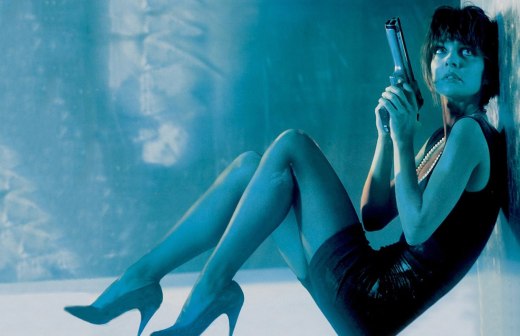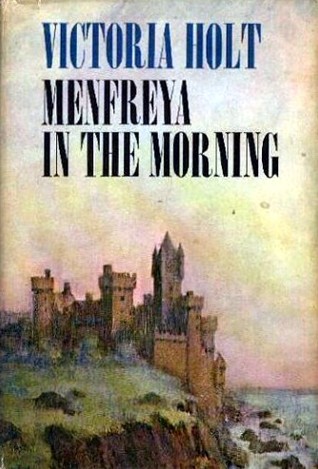What can ruin a good story for you?
For me, if I don't care about the characters, I won't care about the story. I felt that way while watching the film Public Enemies - John Dillinger was a horrible person, and I couldn't invest any energy in caring whether he was caught or betrayed or killed. His charisma wasn't enough to make me care, the cat-and-mouse game he was playing with the Feds wasn't enough to make me care, his Johnny Depp-ness wasn't enough to make me care. I was completely detached from the film, just waiting for it to end. (And trying to spot my friends Bill and Shannon Butler, who were swing dancing extras in the movie - the only thing that made watching it worthwhile.)

Likewise, I have a friend who hated La Femme Nikita, because the title character murders a cop in cold blood at the beginning of the film, and he couldn't forgive her for that. Never mind that the story was about transformation and redemption - and about how society says it's okay to be a monster, as long as you're a monster on the right side of the law. (Yeah, I loved it. But I get why he didn't. )
We all have sins we consider unforgivable.
I just finished reading Menfreya in the Morning, by Victoria Holt. It was written in the 1960s - a Daphnie du Maurier-style Gothic romance, set in the early 20th century.
I was liking it a lot, the style is spot on: sweeping rocky coasts, a glorious old manor gone to seed, horseback riding accidents, political scandals, rumors of a ghost in the east wing - the whole Gothicky works. The main character, Harriet, is likable: a lonely, odd, smart girl with a despised limp, who ends up capturing the heart of Bevil, the man she's been in love with since she was 10 and he was 20. He's a gorgeous Lothario, and the most eligible bachelor in all of Cornwall. Even after they get married about half way through the book, she can't really believe that he wants her - he's had a lot of affairs in the past and still flirts with women more beautiful than Harriet.

The marriage happens early on, because the rest of the the story is tres Rebecca: what with the dark suspicions about her husband's infidelity, the ghost in the east wing, the sinister governess and all. So, although they have an ideal honeymoon, when they get back, those little dreads begin to take hold. One night they have a major disagreement over Harriet's best friend, who is also Bevil's sister. After the argument, Harriet is furious with him, and announces that she's going to sleep in the other bedchamber. He says no, he wants her there with him. She refuses.
Aaaaannnnnd he rapes her. It isn't spelled out as such, but it's pretty clear what happens... her arms and back are covered in bruises the next day, and she describes it as "the most soul-shattering experience of her life."
Okay, I thought. Do I put the book down now? But Holt doesn't pull her punches. She takes care to express the rage, humiliation and fear Harriet feels, and especially the loss of her autonomy, the realization that whatever she wants, he's stronger, he's her husband, and she has no way of fighting back.
Meanwhile, there's a kind young man lurking vaguely in the background, and I started wondering whether Harriet was going to ultimately end up with him. Would her husband die? Then I thought, wow. This is a totally different book than I thought it was going to be.
EXCEPT IT'S NOT. Harriet makes excuses for her husband, and eventually learns that she was wrong about the sister, and he was right, and all her suspicions about Bevil's infidelities were unfounded, and he really just loves only her and she loves only him and those two crazy kids work it out, by gum.
Fuck you, 1966.
What story was ruined for you by a character's actions?
-Q
-Q








